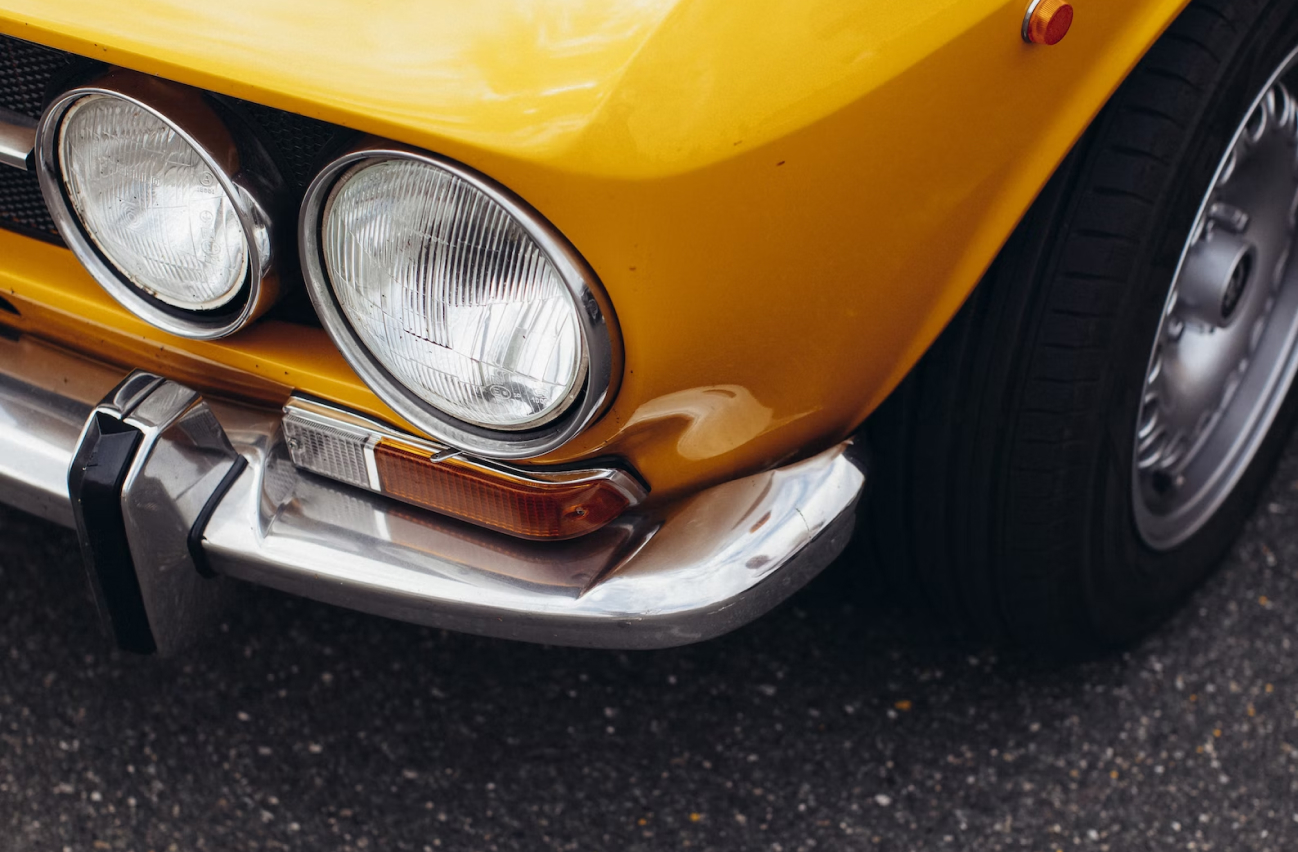Gangster Granny and the Bootleggers

They looked like they were from the set of the Godfather. The restaurant was full of them – swarthy thick-set men who looked ready to take on all comers. It was 2pm and the detritus of empty bottles made clear that the men had been drinking heavily. The smell of cigar smoke hung in the air.
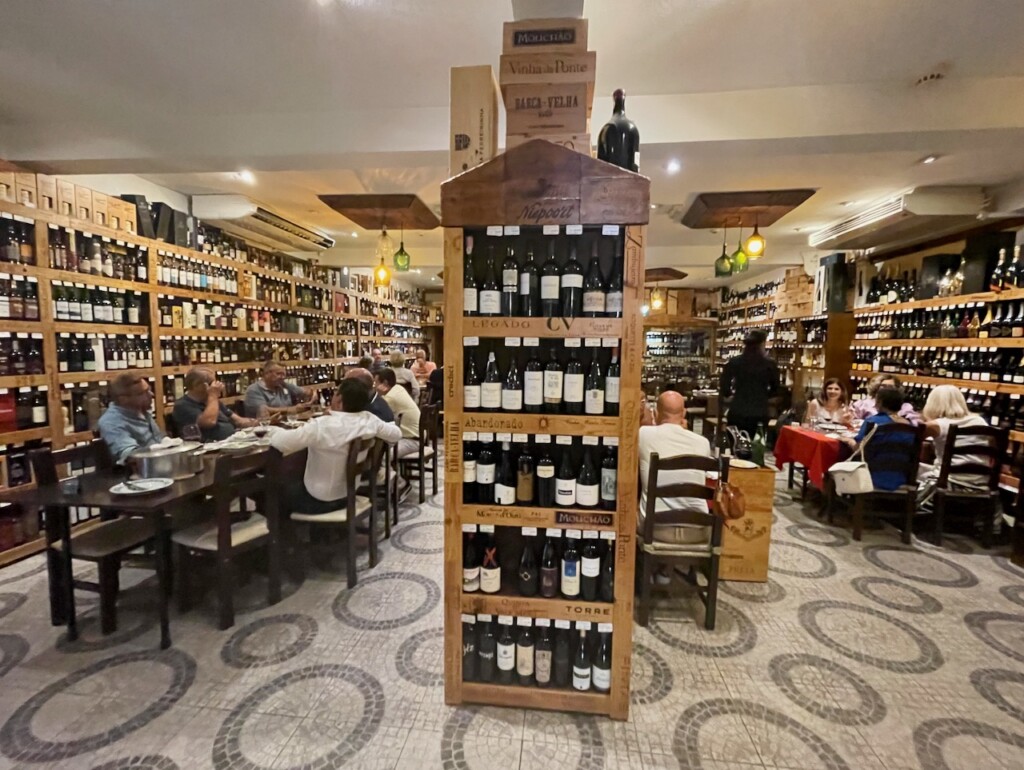
I raised an eyebrow in my best Roger Moore impression. Our guide hurriedly explained that the men were not exclusively mobsters – many of them were also politicians. With local elections in Portugal a few weeks away, the men were discussing election strategy. Our guide Luis translated snippets of their conversation “they are discussing whether erecting a new stop light or painting the primary school building would attract more votes.”
We were in the tiny village of Paderne in the Albufeira region of Portugal. The Veneza restaurant claims to stock 5000 different wines. The decor consists entirely of wine bottles which line every available space. We were served an excellent single vineyard Alvarinho (Aveleda 2018 from Parecla de Roseiral), a Vinho Verde (green wine) that was astonishingly good value at less than €30. It’s one of those delightful Portuguese wines that “won’t travel”. We ate a simple meal of octopus salad (fresh and briney) and a light rabbit stew (the gaminess offset by delicate spicing).
We were taking a break from a tour of mostly unlicensed distilleries brewing Medronhos, a Portuguese eau de vie made from the fruits of the medronhos tree (also know as the strawberry tree) which grows wild in these parts. In an effort to keep the medronhos distilling traditions alive the Portuguese authorities permit home distilling of up to 30 litres a year.
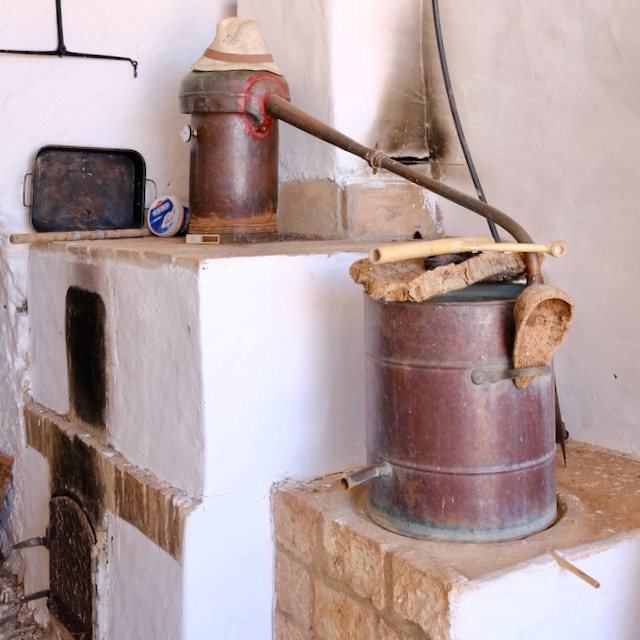
Donna Emilia is typical of Medronhos distillers. A wizened old granny of indeterminate age, she ekes out a living from her tiny farmstead. The still occupies half her garage and is rudimentary. She distils more than her allotted 30 litres of fire water, running her still at night so the authorities won’t detect the excessive smoke from her chimney. The medronhos fruit is mixed with water and yeast and left to ferment in an old port wine barrel for up to two months. The resulting mash is strained and distilled in a rudimentary copper still yielding a liquor that can be as high as 68% ABV (alcohol by volume). In comparison vodka is usually sold at 40% ABV. No wonder the locals call Medronhos “firewater”.
Medronhos distillers are mostly elderly farmers, keeping alive the traditions and making a few Euros on the side. Many are poor and shockingly ill educated. Donna Emilia can sign her name, but cannot read or write. Her case is not unique in these parts – and she’s only of my mother’s generation.
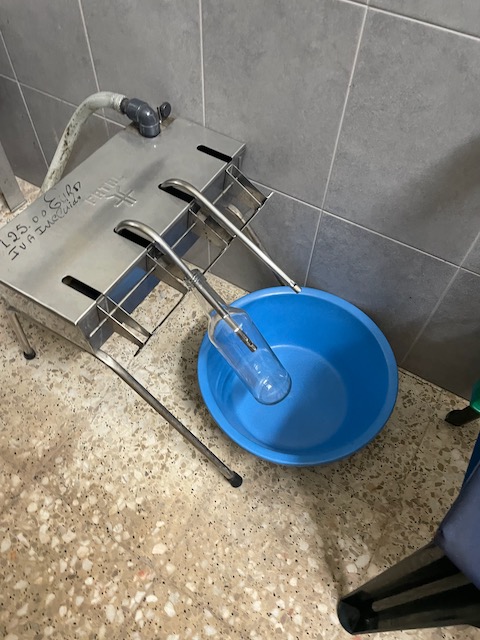
Joaoa’s operation is licensed, but like Donna Emilia it’s just him and his son running the business. He has three steel fermentation tanks to Donna Emilia’s single wooden barrel. He also owns a bottling machine and a label maker – so there are ambitions to scale his business. He also makes honey flavoured, as well as fruit infused versions of Medronhos. We taste everything he peddles, including the honey from his beehive and the tomato jam his wife makes. Medronhos is closest in flavour to a grappa, but remarkably flavourful.
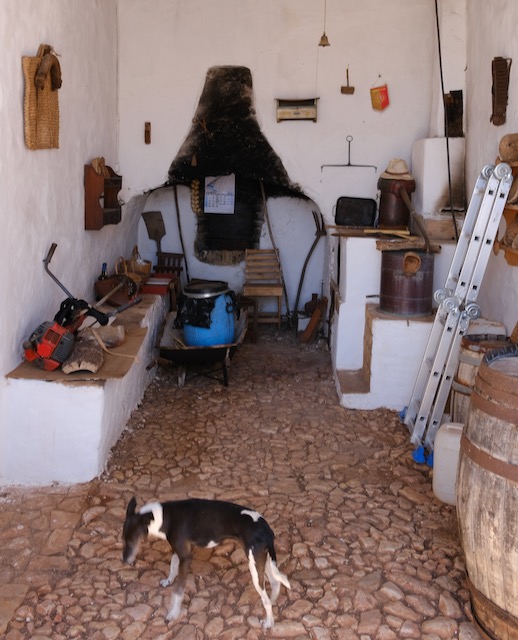
These are artisanal producers in the purest sense. The liquor tastes like an agricultural product, like it is of the earth. The berries are sweeter when the weather is drier. The source of the water (bore holes in many cases) affects the flavour. The loose fitting lids of the fermentation barrels lets in the air, filled with natural bacteria (and farmyard dust carrying microscopic particles of animal shit). There are no EU hygiene standards here.
There is also no one adding esters, caramel or colouring agents to create a consistent, commercial product. There is no one blending vintages to create a flavour identity for the brand. There’s just an old farmer making what she’s made for generations because it’s all she and her family can afford to drink. I am fortunate to taste her surplus.

